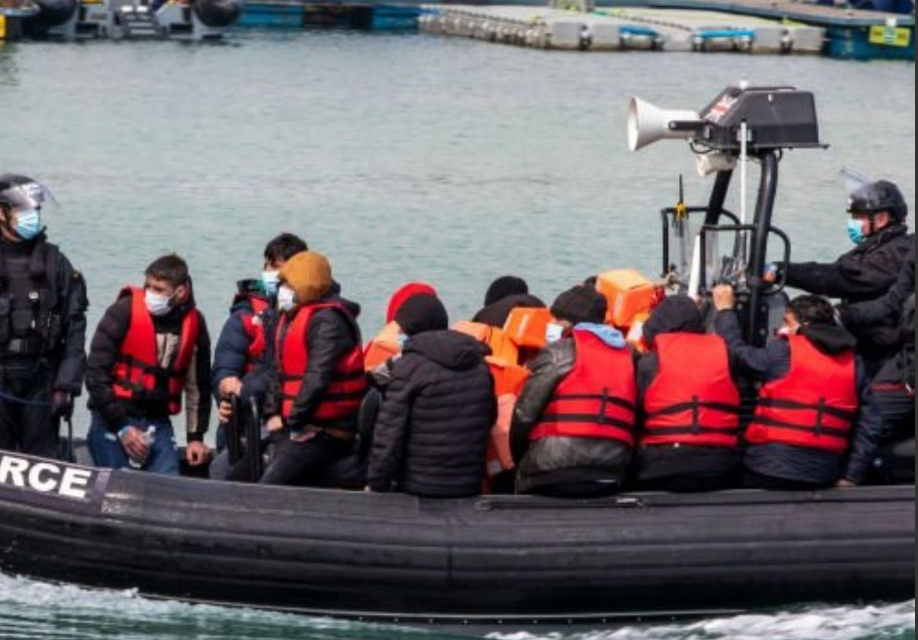After years of hostile refugee policies, many of us hoped that the newly elected government in summer 2024 would bring a positive reset in the UK’s approach towards people seeking safety. Yet, despite the changes in government, our asylum and immigration systems continue to criminalise people fleeing danger. Instead of offering protection, the UK is doubling down on hostile and punitive border policies that treat those seeking safety as a threat. We see people in need of compassion and refuge and continue to seek change.
A Security Frame That Harms
Framing irregular migration as a security risk rather than a humanitarian challenge is dangerous and has far-reaching consequences. The use of hostile rhetoric and policies, like expanding detention, increasing deportations, and fast-tracking removals, creates a narrative where people who have become refugees are seen not as human beings, but as problems to be controlled and dealt with. These policies do not reflect the humanitarian principles enshrined in international law, nor do they align with the British values that many of us hold as part of our diverse and inclusive society.
A Strategy Without Evidence
Successive governments have claimed that harsher policies will deter people from crossing the English Channel in small boats or arriving through irregular means. However, deterrence through criminalisation is a strategy without a basis in empirical evidence. If people are willing to risk their lives at sea, it’s not because existing laws aren’t strict enough; it’s because they have no safe alternatives.
Research and lived experience both show that the punitive and deterrent approach of criminalisation does not reduce the number of people seeking asylum in Britain. What it does do is force people into more dangerous situations, increase reliance on smuggling networks, ultimately making the illegal trade more lucrative. It also further adds trauma to already vulnerable individuals, instead of providing them with the protection and safety that international law and a human-rights-based system demands.
Criminalisation Isn’t the Answer
Punishing people for the way they arrive ignores the reasons they flee in the first place. The reality is that most of those making irregular journeys are later recognised as refugees. Between 71% and 94% of those arriving by small boat are granted asylum. This should tell us something crucial: these journeys are made out of desperation, not opportunism.
By treating migration as a political problem to be “solved” rather than a global reality to be addressed humanely and cooperatively, the government is choosing optics over outcomes, short-term political gains over lasting and effective policy, and racialised populist discourse over humanitarian principles.
British Values at Stake
The UK has long prided itself on fairness, liberty, and multiculturalism. These are not abstract ideals; they are the foundations of a moral society that welcomes, protects, and offers people the chance to rebuild their lives. They are values with real and meaningful consequences for the lived experiences of many people across Britain. But current policies betray these values. They create division, fuel fear, and erode the moral commitments we have made as a country.
A Better Way Forward
Instead of criminalising people for seeking safety, the UK should invest in real solutions:
· Safe and legal routes that provide alternatives to dangerous crossings.
· Fair and timely asylum processing that respects the dignity of each person.
· International cooperation to tackle the root causes of displacement.
These are not radical ideas. They are practical, humane responses to a global reality. They are what a country committed to justice and compassion would choose.
The UK’s current approach to migration does not reflect who we are or who we should strive to be. We must stop punishing people for seeking protection and start building a system that puts humanity first. It’s time to replace fear with fairness and punishment with protection.

